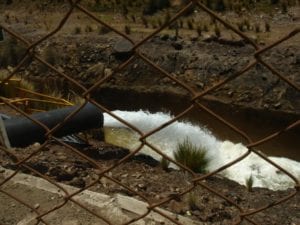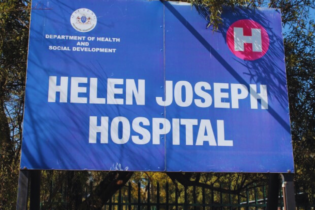Spurred by the recent drought in the Western Cape region the City of Cape Town and the South African Readymix Association (SARMA) have come together to find ways to effectively use effluent water to manufacture concrete and concrete products.
Until now, no specific standards exist to allow the use of water other than “potable” water in the process to manufacture concrete and concrete products. Johan van Wyk, director of SARMA, says in this instance effluent water does not refer to sewage but rather to water from sewerage plants that has gone through all cycles of treatment except naturalisation in a maturation pond. “This type of water is often used for irrigation and is not disallowed according to national standards nor is provision made for it in SANS 51008 water for making concrete because, until now, no specific testing has been done,” he notes.“As a result, we are currently a compiling a testing which will enable us to run an 8-week study and collate results including chemistry and all the parameters surrounding the water and then monitor its effect on the mixing, setting, curing and strengths of the concrete.
Van Wyk says this will then be compared with current concrete standards and data to make a finding. He adds that the preliminary findings are positive and give hope for a major evolution in the way concrete is made in dry climatic regions. The construction industry is a major water user and the reality is that concrete manufacture cannot continue without a reliable supply of water. “As guardians of future generations, we feel it is our responsibility to find sustainable alternative means of manufacturing concrete which in turn plays a significant role in shaping our future and building infrastructure for the next generations,” Van Wyk concludes.






